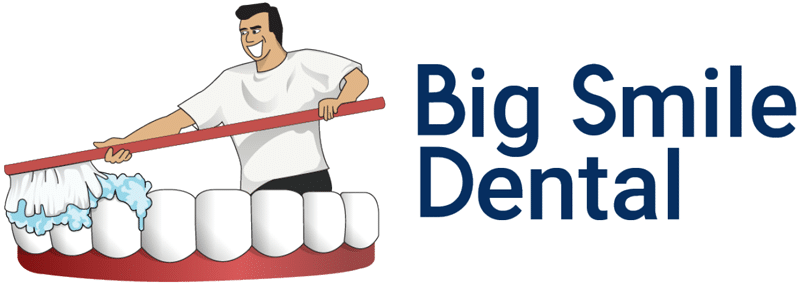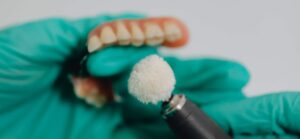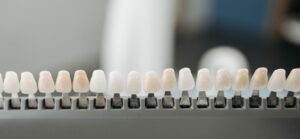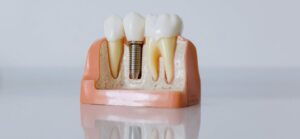
Dr. Theodore Siegel and his team at Big Smile Dental in Chicago, IL welcome patients of all ages. They know that pediatric dentistry sets little smiles on a lifetime path to dental wellness. Focused care for kids, though, doesn’t stop when baby teeth come in. Big Smile Dental continues to address the unique needs of older children and teens to avoid dental issues that could follow kids for a lifetime.
Kids and teens dental place
It isn’t easy growing into adulthood. The years leading from primary school to maturity are filled with peer pressure and rebellious urges to establish identity.
Q . How can this affect a teen’s oral health and development?
A : Experimentation with tobacco, alcohol, or drugs, eating disorders, or simple refusal to brush and floss regularly can result in serious dental problems that cause problems throughout life.
Q . These issues can quickly escalate into a shouting match between kids and parents. Can Dr. Siegel help?
A : As the dentist who has developed authority and rapport with your child over many years, he may be able to approach an open discussion from a different perspective. If he identifies any oral signs of these behaviors, without accusation, he initiates dialog based on how the outcome may affect the patient.
Q . Why would the child listen to Dr. Siegel?
A : No matter how much a kid is pushing boundaries, most are acutely concerned with acceptance at this age. They do not want the social stigma of unattractive teeth or bad breath, and they don’t want the discomfort of cavities and dental work.
Suppose you have a super good kid that practices excellent home oral hygiene. Congratulations! He or she still needs regular dental care to overcome other “tween” and teen oral health challenges.
Q . What is hypoplasia?
A : Hypoplasia is soft enamel, a condition that may be hereditary or environmental (the result of nutritional deficiency or childhood illness). It leaves teeth vulnerable to decay and damage.
Q . What are the signs of hypoplasia?
A : Dr. Siegel looks for pits and grooves in enamel, sometimes with localized discoloration and sensitivity.
Q . How can hypoplasia be treated?
A : Topical fluoride treatment helps to strengthen enamel. Bonding material or crowns may be necessary to disguise a chalky appearance and protect teeth.
Q . Are kids’ teeth are at risk riding a bicycle, horseback riding, and skateboarding, as well as playing organized sports?
A : Absolutely! Any physical activity that poses risk of impact to the face or causes jaws to snap together can damage teeth and soft tissues.
Q . How can risk of sports injuries be minimized?
A : A custom-fit mouthguard protects new and developing teeth, soft tissues, and jaws. The superior cushioning of a properly-fitted mouthguard may also reduce risk of concussion.
Q . Why not wait to consider orthodontics?
A : Getting kids into braces early can avoid years of bullying, low self-esteem, and discomfort. Orthodontics helps the child grow into a balanced bite for life, reducing risk of TMJ disorders in adult years.
Q . Are wisdom teeth really an issue?
A : In most cases, wisdom teeth make their appearance at about age 17 – the time your child is probably choosing a college. If wisdom teeth are problematic, impacted, or causing crowding, discomfort, or other symptoms, it may be a wise choice to have them extracted early.
Extra attention now pays big dividends later
Q . How important is a healthy mouth and an attractive smile to your child’s future?
A : There is a tremendous link to wellness and quality of life. Gum disease is the leading cause of tooth loss in adults, and the condition can develop at any age. Before teeth fall out or must be extracted, gums recede exposing sensitive root surfaces that are prone to decay. Bacteria that cause periodontal disease are also linked to preterm births and increased risk of diabetes, cardiovascular disease, heart attack, and stroke. Those risks can be significantly reduced with a childhood program of dental care that evolves as your child grows.
Q . How much impact does early dental care have on nutrition?
A : Everything your child puts into his or her stomach influences growth, and wellness as an adult. A child with toothaches and missing teeth isn’t likely to devour crunchy, fresh produce, nuts and whole grains, and lean proteins.
Q . Will healthy teeth help a child have a better life?
A : A 2012 Kelton study shows that nice teeth can have a significant impact on romance, career success, and self-image. Twenty-nine percent of Americans say teeth are the first characteristic they notice when meeting someone new, and 24 percent cite this as the most memorable trait. Those with straight teeth are 45 percent more likely to get a job (compared to an applicant with crooked teeth). Good-looking smiles are 57 percent more likely to attract attention on a dating site.
Your kid deserves these advantages. For pediatric dentistry, Chicago, IL parents trust Big Smile Dental for care that has lifetime benefits. Call 773-772-8400 to schedule an appointment.






